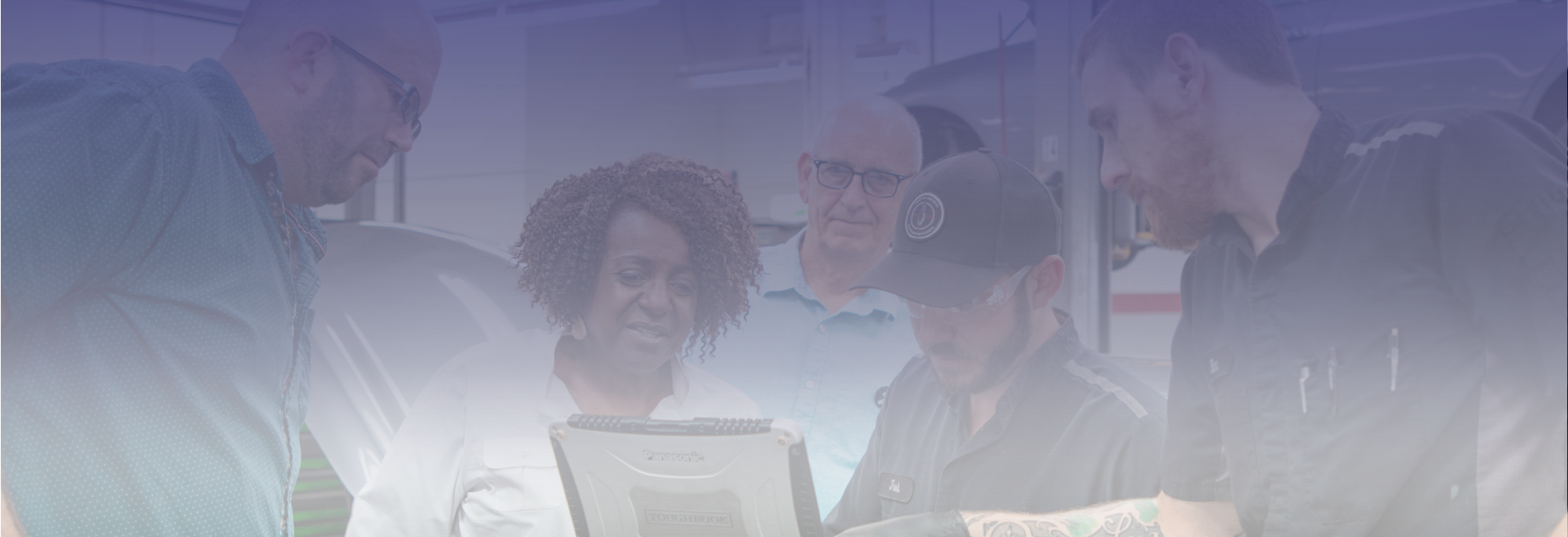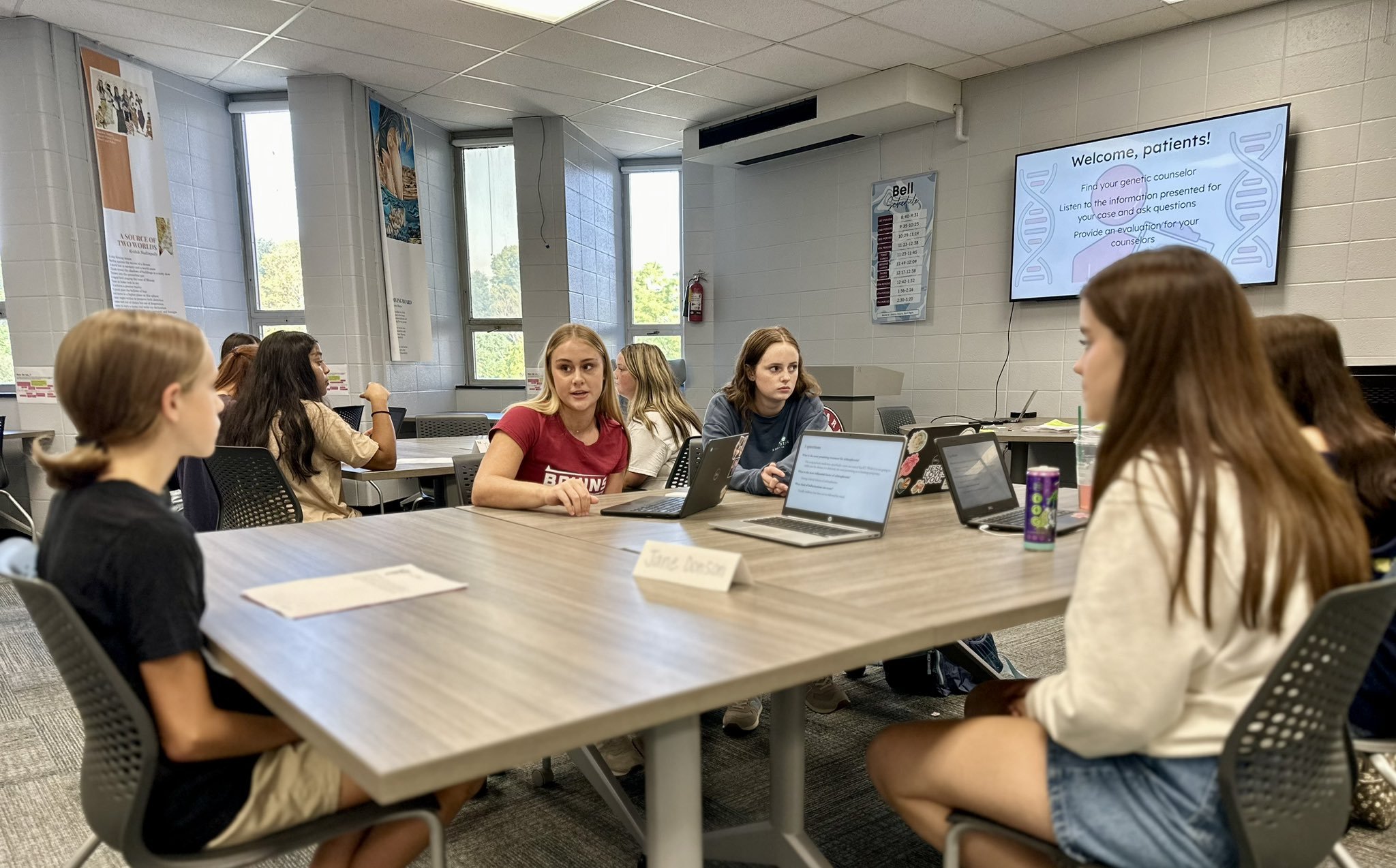
PROJECT-BASED LEARNING
Businesses gain new insights and solutions offered by students, and students can directly interact with the industry and the employers.
Students demonstrate their knowledge and skills by creating a product or presentation for a real audience that they can use in their portfolio.
Real-world experience is gained by students with an opportunity to contribute to an actual business problem or project.
PROJECT PLANNING
Project-based learning experiences are planned by the Business Partner and the Academy Coach and Teacher, who you can work with to develop the plan and desired outcomes for the PBL experience, and this can also be turned into a competition.
7-14 days prior to your visit to the classroom, the Business Partner should:
Connect with the Academy Coach/Teacher to discuss outcomes or objectives you can address that would assist in connecting the classroom curriculum to the career field.
Send information to the teacher/Academy Coach about your company so students can be thinking about what they hope to learn. If you're able to give students any hands-on learning during the experience or projects to complete prior to the event day, this would be fantastic in creating an impactful experience! (projects subject to teacher approval)
Starting the project:
Consider what materials/instructions/background/programs would be helpful for the Teacher and students to look at prior to working on this project.
Select a passionate company representative to visit the classroom to speak about the company, the company's problem/project that the students will be addressing, and desired outcomes. Provide instructions and expectations to the students; set guidelines and create a comprehensive plan that includes deadlines and FAQs for the participants.
Provide materials (if applicable) and guidance to the students on the project to complete or the problem to be solved.
If this project is arranged as a competition, the Business Partner will work with the Academy Coach/Teacher to determine the rules and criteria for the competition, including any rewards, judges from your company/industry, materials needed, etc.
PROJECT INTRODUCTION
Once the project has been planned with the teacher, we ask that you select one or more company representative(s) to visit the classroom and present the project scope to the students.
We asked JCPS students and educators what they wanted to do, hear, and learn from this experience; use these as objectives in planning:
Demonstrate or depict the company's problem in a way that students will understand, and talk about how they can help to identify solutions.
Talk about why this work is important, and how the students' work will be evaluated.
With the teacher, present your timeline for the project, deliverables, etc. and confirm a timeline for the students' work including a day of presentations/evaluations, if applicable.
Make a connection to the type of skills needed to work in the industry and connect the work with the type of post secondary education needed for the various jobs.
We kindly ask that you do not:
Make promises that the students' work will be used in real life - please inform the students that their work is for educational purposes and may or may not be used by your company.
Provide harsh commentary on the students' work - we ask that your company representatives provide feedback and guidance to students along the way that teaches them about the company's goals with this project or problem.
PROJECT COMPLETION
Promote Reflection and Evaluation: Encourage students to reflect on their learning experiences and evaluate their progress. Provide opportunities for self-assessment, peer review, and feedback from mentors.
Student Showcase: Coordinate a day with the teacher for students to showcase their work, via presentation if applicable. Ideally, through this experience, students will have an opportunity demonstrate their projects to peers, parents, and the community. Celebrate their achievements and recognize their contributions.
Seek Feedback and Iterate: Gather feedback from students, educators, and other stakeholders to improve the project-based learning experience. Use this feedback to make iterative changes and enhancements for future iterations.
Spread the word on social media! See links below.
Follow up & continued guidance:
Providing resources, further information, or guidance on potential next steps, such as internships, educational paths, or industry-related events, extends the impact beyond the tour day.
Networking Opportunities: Encouraging students to network with other professionals or employees in related roles within the organization can broaden their understanding of different career pathways.
Start planning your next student engagement activity! See more guides to creating student experiences here.
Project-Based Learning Examples Facilitated by Business Partners























